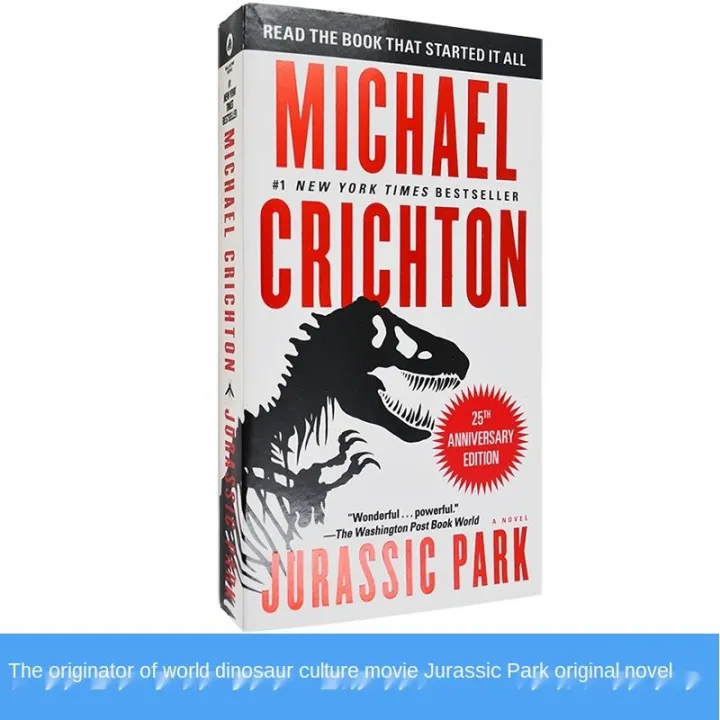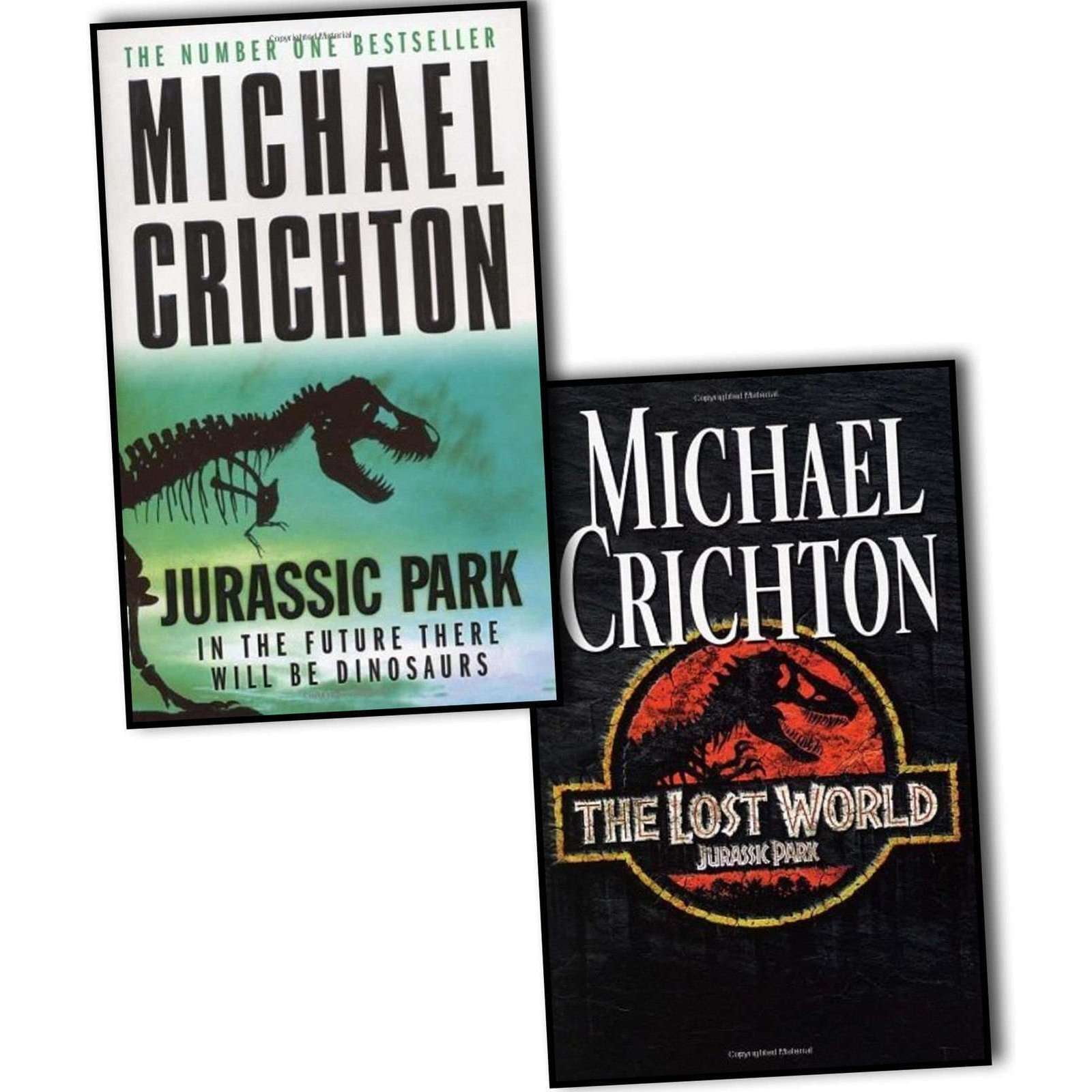Michael Crichton Books: A Comprehensive Exploration

Michael Crichton, a name synonymous with gripping techno-thrillers and captivating narratives, left an indelible mark on the literary landscape. His novels, meticulously researched and brimming with cutting-edge scientific concepts, consistently captivated readers and inspired blockbuster film adaptations. This exploration delves into the diverse world of Michael Crichton’s books, examining their genres, recurring themes, cultural impact, and enduring legacy. We will traverse the breadth of his work, exploring individual novels, analyzing his writing style, and considering the educational and societal implications of his storytelling.

Genre and Thematic Explorations
Michael Crichton’s body of work defies simple categorization. While primarily known for his techno-thrillers, his novels span a variety of genres, seamlessly blending scientific accuracy with fictional narratives. His stories often feature complex plots with multiple intertwined storylines, a characteristic that adds depth and intrigue to his narratives. Recurring themes throughout Crichton’s oeuvre include:
The Dangers of Technological Advancement: Many of his novels explore the potential pitfalls of unchecked scientific progress. From the resurrected dinosaurs of Jurassic Park to the self-replicating nanobots in Prey, Crichton consistently warns against the hubris of manipulating nature without fully understanding the consequences. This cautionary tone is a significant element of his techno-thriller style, often emphasizing the ethical dilemmas inherent in advanced technology.
Corporate Malfeasance and Greed: Crichton frequently portrays powerful corporations as unscrupulous entities driven by profit, often at the expense of human life and environmental well-being. Rising Sun, Disclosure, and Airframe all showcase this recurring theme, highlighting the potential for greed and ambition to corrupt ethical decision-making within large organizations. The ethical implications of technological advancements are often intertwined with the immoral actions of the corporations involved.
The Complexities of Systems: Crichton was fascinated by the intricate interplay of elements within complex systems, whether biological, technological, or social. He masterfully demonstrated how seemingly small changes can lead to unpredictable and often catastrophic outcomes, emphasizing the delicate balance necessary to maintain stability within such systems. This fascination shines through in books like Jurassic Park and Airframe, where minor malfunctions lead to devastating consequences.
Exploration and Discovery: A sense of adventure pervades many of Crichton’s works. Whether exploring uncharted jungles (Congo) or venturing into the depths of the ocean (Sphere), his protagonists embark on journeys of discovery, often encountering both unexpected wonders and perilous threats. The thrill of exploration, combined with the scientific aspects, is a key driver in many of his plots.
Man vs. Nature/Technology: The tension between humankind’s ambition and the power of nature or technology is a central conflict in several of Crichton’s novels. His characters often find themselves battling forces far greater than themselves, demonstrating the limitations of human control in the face of overwhelming natural processes or sophisticated technologies.
These recurring themes, woven into diverse settings and storylines, contribute to the enduring appeal of Michael Crichton’s novels. His ability to blend intricate scientific detail with compelling narratives makes his books not only entertaining but also thought-provoking, prompting readers to confront the ethical and societal implications of rapid technological and scientific advancement.
Michael Crichton’s Writing Style
Crichton’s writing style is distinct and recognizable. He masterfully combines several elements to create his unique voice:

Detailed Scientific Accuracy: Crichton’s background as a physician and his dedication to research are evident in his writing. He often incorporates complex scientific concepts and procedures into his narratives, creating a sense of realism and credibility that enhances the reader’s engagement with the story. This attention to detail, however, sometimes leads to lengthy technical explanations that can interrupt the narrative flow for some readers.
Fast-Paced Plot: His stories are typically fast-paced and suspenseful, keeping the reader engaged from beginning to end. The carefully plotted narratives use twists and turns, cliffhangers, and exciting action sequences to maintain high tension. This page-turning quality is a hallmark of his work.
Strong Protagonists: Crichton often features strong and resourceful protagonists who are skilled experts in their fields. These characters are central to navigating the complexities of the narratives and are usually capable of quickly deciphering complex problems. While sometimes idealized, their intelligence and competence add an empowering element to the story.
Compelling Antagonists: His antagonists are often equally well-developed, representing the dangers of unchecked ambition, corporate greed, or the unpredictable nature of complex systems. The contrast between the protagonists and antagonists provides compelling conflict.
Dialogue-Driven Narrative: Much of the exposition is presented through realistic dialogue between characters. Crichton effectively uses conversations to reveal information and develop character relationships, while also contributing to the overall suspense.
Suspense and Suspenseful Plot Devices: He is a master of building suspense, using techniques such as cliffhangers, red herrings, and unpredictable plot twists to keep the reader guessing. He often employs technological elements to add to the suspense of the storyline.
While his scientific accuracy is a strength, it sometimes detracts from the pacing and narrative flow. Readers who prefer a less technical approach to storytelling might find some of his detailed explanations tedious. Nevertheless, Crichton’s distinctive style, combining scientific precision with fast-paced plots and memorable characters, has secured his place as a leading figure in the techno-thriller genre.
Cultural Impact and Adaptations
Michael Crichton’s books have had a profound cultural impact, extending far beyond the realm of literature:
Blockbuster Film Adaptations: Numerous Crichton novels have been adapted into highly successful films, including Jurassic Park, The Andromeda Strain, Sphere, Rising Sun, and Congo. These films have generated billions of dollars in revenue, solidifying his place as a major figure in popular culture. The cinematic adaptations helped popularize his books and increase their cultural presence.
Influence on Science Fiction: His works have profoundly influenced the genre of science fiction, shaping how audiences perceive the intersection of science and technology. His stories often presented speculative scientific concepts in a way that was both accessible and thrilling, making them appealing to a broad audience. The combination of science and suspense has influenced multiple authors within the genre.
Television’s Impact: His creation of the iconic television series ER, with its realistic portrayal of the medical profession, brought a new level of realism and drama to medical dramas and influenced future medical shows. The realism and attention to detail set a standard within the TV medical drama genre.
Technological Foresight: Several of Crichton’s technological predictions have become a reality, demonstrating his remarkable ability to anticipate future advancements and to portray the related ethical challenges. This element of foresight adds another layer of intrigue to his works.
Literary Awards and Recognition: His novels have received several accolades and awards, testament to his literary excellence. His work is read and continues to be discussed in literary circles and classrooms.
Michael Crichton’s work continues to resonate with audiences, showcasing the enduring power of his storytelling. The popularity of his film adaptations and the influence of his work on subsequent books, films, and television shows emphasize the significant cultural impact he continues to have.
Reading Michael Crichton: Educational Value and Life Lessons
While entertaining, Michael Crichton’s novels also offer significant educational value and life lessons:
Understanding Scientific Concepts: His narratives often present complex scientific concepts in an accessible manner, enhancing readers’ scientific literacy. The depth of research is evident in the realism of his plots and characters’ actions.
Critical Thinking Skills: His plots frequently challenge readers to think critically about the implications of scientific advancements and societal trends, encouraging readers to evaluate the risks and benefits of technology and ethical considerations. This is crucial in the present day, as rapid technological advancement continues to shape society.
Awareness of Ethical Dilemmas: Crichton’s emphasis on corporate greed and the ethical dilemmas of scientific advancement inspires critical discussions about the responsibilities that come with scientific knowledge and the need for ethical considerations in decision-making. This is a particularly relevant theme today.
Appreciation for Scientific Accuracy: He highlights the importance of rigorous research and the need for accuracy in portraying scientific information, a crucial characteristic of effective scientific communication.
Life Lessons in Problem Solving: The protagonists’ skill in problem-solving and quick decision-making demonstrates the need for critical thinking and resourcefulness, which is applicable to all aspects of life.
Reading Michael Crichton’s books is not merely escapism but an engaging exploration of scientific knowledge, ethical considerations, and the complexities of the modern world. His writing fosters critical thinking skills and enhances understanding of various scientific concepts, making his novels both entertaining and enriching for readers of all ages.
The Legacy of Michael Crichton

Michael Crichton’s legacy extends beyond his individual works. His influence is pervasive in contemporary science fiction, thriller, and medical drama, with numerous authors and filmmakers drawing inspiration from his style and approach. His work serves as a reminder of the power of storytelling to inform, entertain, and inspire critical thinking about the world around us. His novels will continue to challenge readers and remain relevant for years to come. The popularity and ongoing discussion surrounding his work demonstrate his enduring influence on literature and popular culture. His unique blend of meticulous research, fast-paced plots, and insightful thematic explorations leaves behind a rich tapestry of stories that invite further exploration and analysis.